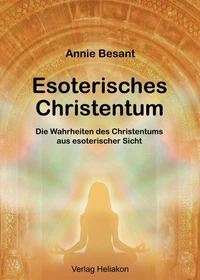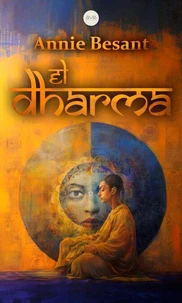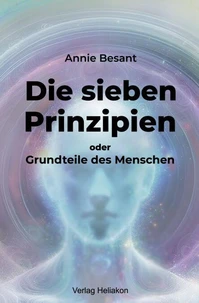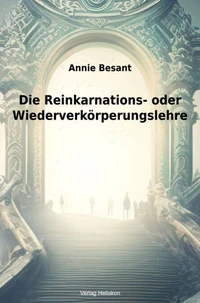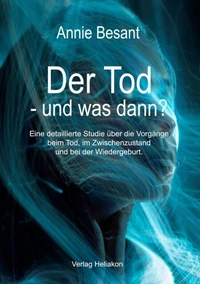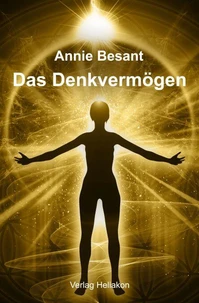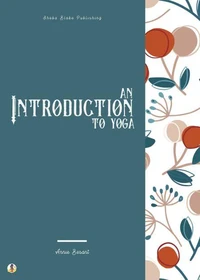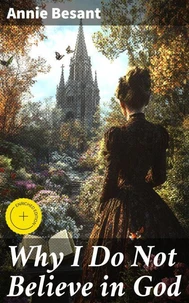Christianity. Its Evidences, Its Origin, Its Morality, Its History
Par :Formats :
Disponible dans votre compte client Decitre ou Furet du Nord dès validation de votre commande. Le format ePub est :
- Compatible avec une lecture sur My Vivlio (smartphone, tablette, ordinateur)
- Compatible avec une lecture sur liseuses Vivlio
- Pour les liseuses autres que Vivlio, vous devez utiliser le logiciel Adobe Digital Edition. Non compatible avec la lecture sur les liseuses Kindle, Remarkable et Sony
 , qui est-ce ?
, qui est-ce ?Notre partenaire de plateforme de lecture numérique où vous retrouverez l'ensemble de vos ebooks gratuitement
Pour en savoir plus sur nos ebooks, consultez notre aide en ligne ici
- Nombre de pages301
- FormatePub
- ISBN859-65--4731390-8
- EAN8596547313908
- Date de parution15/09/2022
- Protection num.Digital Watermarking
- Taille587 Ko
- Infos supplémentairesepub
- ÉditeurDIGICAT
Résumé
In "Christianity, " Annie Besant meticulously examines the origins, development, and practices of the Christian faith from both historical and philosophical perspectives. The book is characterized by Besant's incisive literary style that combines rigorously researched analysis with evocative prose. She explores the intersections of Christianity with different religious traditions, highlighting its transformative influence on societal values and ethical frameworks.
Written during a time of burgeoning religious inquiry in the late 19th and early 20th centuries, the work reflects the era's intellectual currents, particularly the rise of Theosophy and the quest for a universal truth that transcends dogma. Annie Besant, a prominent Theosophist, women's rights activist, and social reformer, was deeply influenced by her commitment to the search for spiritual truth and justice.
Her diverse background, which included early adoption of socialist ideals and advocacy for education, informed her critical perspective on religion. Besant's experience as a public intellectual and her struggle against dogmatic constraints shaped her desire to present an inclusive examination of Christianity, positioning it within wider cosmological and ethical debates. For readers seeking a nuanced understanding of Christianity's foundational narratives and teachings, Besant's work is an indispensable resource.
It challenges prevailing dogmas and invites contemplation of spirituality's role in society. "Christianity" is not only a scholarly account but a call to explore the profound interconnectedness of faith, ethics, and humanity.
Written during a time of burgeoning religious inquiry in the late 19th and early 20th centuries, the work reflects the era's intellectual currents, particularly the rise of Theosophy and the quest for a universal truth that transcends dogma. Annie Besant, a prominent Theosophist, women's rights activist, and social reformer, was deeply influenced by her commitment to the search for spiritual truth and justice.
Her diverse background, which included early adoption of socialist ideals and advocacy for education, informed her critical perspective on religion. Besant's experience as a public intellectual and her struggle against dogmatic constraints shaped her desire to present an inclusive examination of Christianity, positioning it within wider cosmological and ethical debates. For readers seeking a nuanced understanding of Christianity's foundational narratives and teachings, Besant's work is an indispensable resource.
It challenges prevailing dogmas and invites contemplation of spirituality's role in society. "Christianity" is not only a scholarly account but a call to explore the profound interconnectedness of faith, ethics, and humanity.
In "Christianity, " Annie Besant meticulously examines the origins, development, and practices of the Christian faith from both historical and philosophical perspectives. The book is characterized by Besant's incisive literary style that combines rigorously researched analysis with evocative prose. She explores the intersections of Christianity with different religious traditions, highlighting its transformative influence on societal values and ethical frameworks.
Written during a time of burgeoning religious inquiry in the late 19th and early 20th centuries, the work reflects the era's intellectual currents, particularly the rise of Theosophy and the quest for a universal truth that transcends dogma. Annie Besant, a prominent Theosophist, women's rights activist, and social reformer, was deeply influenced by her commitment to the search for spiritual truth and justice.
Her diverse background, which included early adoption of socialist ideals and advocacy for education, informed her critical perspective on religion. Besant's experience as a public intellectual and her struggle against dogmatic constraints shaped her desire to present an inclusive examination of Christianity, positioning it within wider cosmological and ethical debates. For readers seeking a nuanced understanding of Christianity's foundational narratives and teachings, Besant's work is an indispensable resource.
It challenges prevailing dogmas and invites contemplation of spirituality's role in society. "Christianity" is not only a scholarly account but a call to explore the profound interconnectedness of faith, ethics, and humanity.
Written during a time of burgeoning religious inquiry in the late 19th and early 20th centuries, the work reflects the era's intellectual currents, particularly the rise of Theosophy and the quest for a universal truth that transcends dogma. Annie Besant, a prominent Theosophist, women's rights activist, and social reformer, was deeply influenced by her commitment to the search for spiritual truth and justice.
Her diverse background, which included early adoption of socialist ideals and advocacy for education, informed her critical perspective on religion. Besant's experience as a public intellectual and her struggle against dogmatic constraints shaped her desire to present an inclusive examination of Christianity, positioning it within wider cosmological and ethical debates. For readers seeking a nuanced understanding of Christianity's foundational narratives and teachings, Besant's work is an indispensable resource.
It challenges prevailing dogmas and invites contemplation of spirituality's role in society. "Christianity" is not only a scholarly account but a call to explore the profound interconnectedness of faith, ethics, and humanity.


